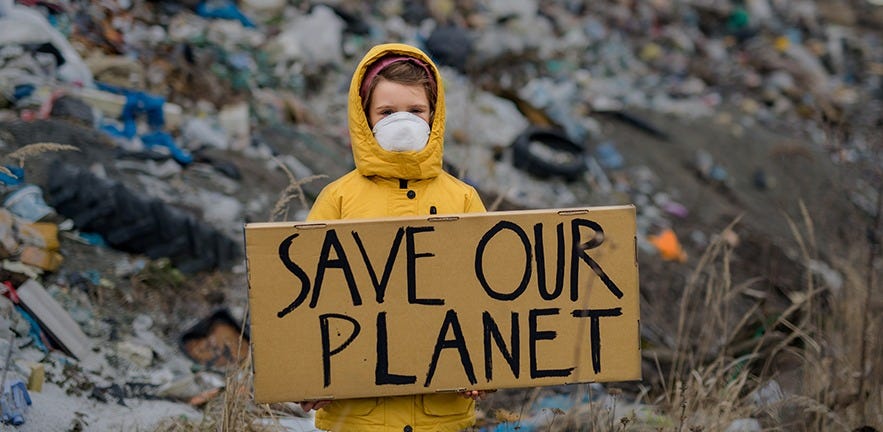Seven Troubling Similarities Between the Covid and Climate “Emergencies”
It is tempting to view all of the policy blunders and civil rights violations associated with the Covid era as sui generis, one-off events caused by an over-reaction to a virus. It would be profoundly consoling to think that the confinement of law-abiding citizens to their homes, the harassment of citizens who declined a government-mandated medication, the arrest of peaceful protesters, and the suspension of religious freedom were just part of a temporary social and political “fever” and not a symptom of a broader, more chronic sickness in the body politic.
But that would be wishful thinking. It is sufficient to observe the striking parallels between the Covid “emergency” and the climate “emergency” to see that the assault on democracy, constitutionalism and civil rights is likely to continue for the foreseeable future. For the very same strategies that governments used to manipulate and blackmail citizens into compliance with draconian and illiberal laws during the Covid scare are already being rolled out in relation to climate change.
Before we go on, I should mention that I am all for clean air, and the preservation of nature, and an end to harmful and disproportionate forms of pollution of the environment. Where I take issue with the environmental movement is in the way they absolutise their cause and make it an “all-or-nothing” matter upon which reasonable negotiation and trade-offs become impossible or unthinkable.
It is true that we are not currently seeing the dramatic lockdowns of the Covid era. But the discourse and language being employed by opinion leaders and public officials to discuss climate change suggest that we are being gradually softened up for some majorly disruptive and coercive “interventions.”
The best way to illustrate the illiberal and absolutist nature of the environmental movement - or, to be more precise, certain dominant strands of the environmental movement - is simply to note the striking similiarities between the manipulations, distortions and oppression we saw during the pandemic “emergency” and those we are seeing in connection with climate change and environmental policy:
Keep reading with a 7-day free trial
Subscribe to THE FREEDOM BLOG to keep reading this post and get 7 days of free access to the full post archives.


